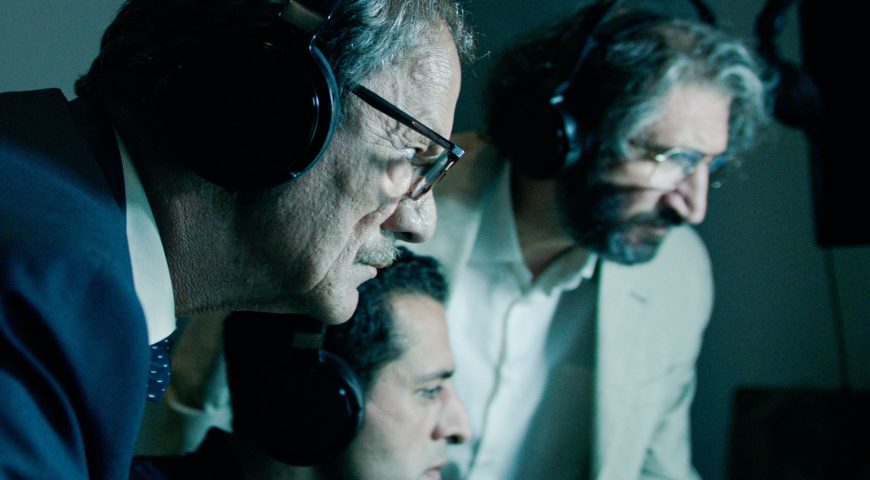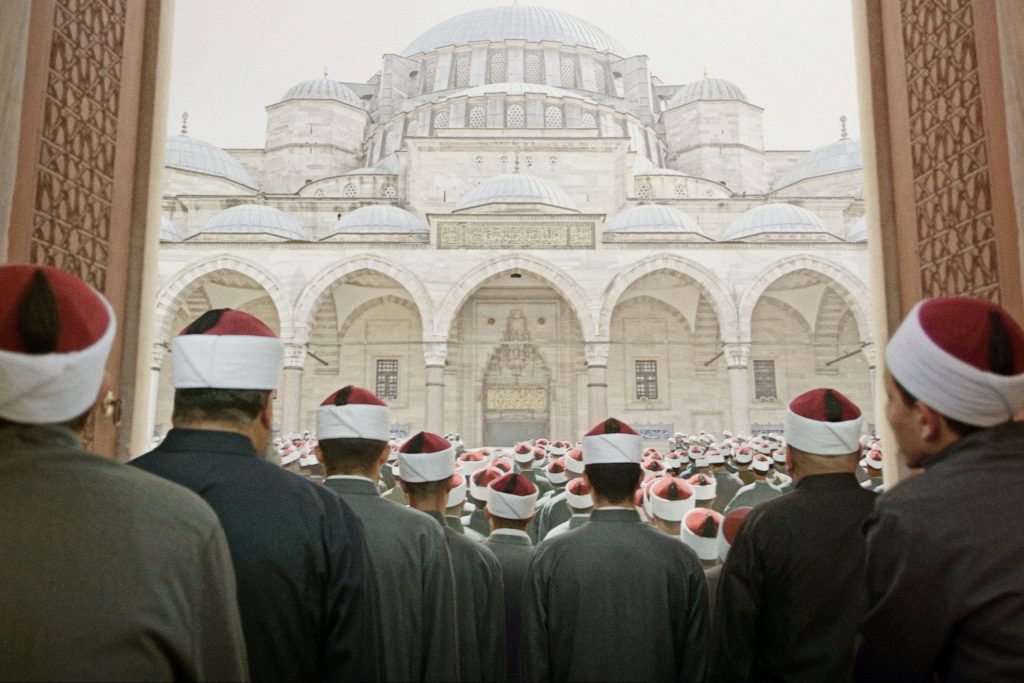With the detective "The Nile Hilton Incident" (2017), Egyptian-Swedish director Tarik Saleh defeated Ruben Östlund's "The Square" in the best film category at the Swedish National Film Awards. Five years later, both directors met again with their latest films both at Cannes and on the international stage. Saleh's new film The Cairo Conspiracy (Walad Min Al Janna, 2022) is a Swedish Oscar contender, won the best screenplay prize at Cannes, and opens on January 6. will also be shown in Lithuanian cinemas.
In the "Cairo Conspiracy" two forces collide - religion and politics. In the center of the film is a fisherman's son gifted with exceptional talents. He unexpectedly receives a state scholarship at the prestigious Al Azhar University in Cairo, where the boundless bookshelves, kept in a thousand-year-old sanctuary of religion and science, open up to the young man who used to read books under the covers at night. However, it soon becomes clear that the corridors of the House of Wisdom are riddled with hypocrisy, political intrigue and conspiracies. Against his will, the boy is drawn into a deadly power game where he is pushed around like a chess piece by a cynical but principled state security agent. Will the mind of an ordinary guy be able to untangle the web of corruption and manipulation that has inseparably entangled two powers - state and religion?

The famous film critic of The Guardian, Peter Bradshaw, compared the film to the detective stories of the writer John le Carré. And not for nothing. According to the director himself, he read all the books of this author at least twice. T. Saleh was also inspired by Umberto Eco's "The Name of the Rose", after reading which he began to think, could he tell a similar story in the context of the Islamic religion?
Both the director's grandmother and grandfather grew up in a fishing village, but both managed to get an education. The grandfather was even admitted to the famous Al Azhar University in Cairo. Founded in the 10s, the university is considered one of the most important Islamic schools in North Africa and the Middle East. Even when the country was ruled by different occupiers, the university managed to survive to this day.

Unfortunately, T. Saleh could not film at Al Azhar University because the director is banned from visiting Egypt. He was ordered to leave the country three days before The Incident at the Nile Hilton Hotel began filming. The film was banned in Egypt, as is likely to happen to his latest work. "I don't think it's a controversial film. My whole family is Muslim. I'm half Swedish, half Egyptian. I love Egypt, but Egypt does not love me. This is unrequited love," the director said about the situation.
T. Saleh shot the film, which was awarded for the best screenplay at the Cannes Film Festival, in Turkey, where it was decided to move the university to the XNUMXth century. mosque in Istanbul. One of the main roles in the film is played by the Swedish actor Fares Fares, who also played in the director's previous detective. The actor who played the role of a state security agent appeared in the popular Lithuanian series "Chernobylis" and "Westworld". "Fares Fares character's appearance was inspired by the actor's uncle. I asked if he really wanted to go that far, but in the end I liked the result," said the director about the actor.

After the premiere of the film at the Cannes Film Festival, director T. Saleh said: "I'm not trying to provoke anyone. I just want to tell a good story and make a good movie." The director maintains the intrigue until the very end, leading the audience through the labyrinths of the university. "When you watch a movie, you make the same decisions as the characters. What's even more impressive is that the more corrupt decisions they make, the more we as humans understand them."
The intriguing detective "Cairo Conspiracy" is shown on Romuva from January 6.
Search for movie screenings here.

